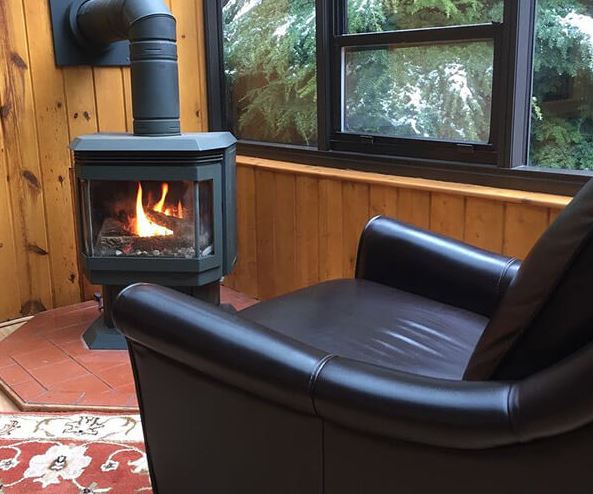Frustrated by high utility bills, inefficient heating, and constant furnace repairs in Los Gatos, CA? One option to consider might be a heat pump. In regards to heating and cooling, heat pumps represent the most efficient alternative to oil, fuel, and electric systems. Here is what you need to know about the advantages and disadvantages of heat pumps:
What is a Heat Pump?
Heat pumps have been around for a long time, but homeowners are not as familiar with these heating and cooling systems. There are two common types of heat pumps. These are ground-source heat pumps and air-source heat pumps. Air-source heat pumps are more popular for residential cooling and heating.
In the simplest sense, a heat pump acts as both a heating and cooling system by literally pumping heat from one place to another. In the summer months, a heat pump works much like central air conditioning using refrigerant for temperature control. With an electric pump, compressor, and heat exchange coils the heat pump extracts heat from indoor air and moves it to the outside, thus cooling the indoor air. In winter months, the system reverses. The outdoor coil works as the evaporator, transferring heat to the refrigerant where it circulates to the indoor condensing coil and releases the heat inside the home. Even if the air feels relatively chill outside it still has some heat to transfer.
Advantages of Heat Pumps
Some of the benefits of installing a heat pump include:
Efficiency
Heat pumps do not generate heat through electricity or fuel combustion. Instead, they use a fairly small amount of electricity and refrigerant to move heat from one place to another. As a result, they use much less energy than the more traditional furnace systems.
Initial Cost
Because the heating and cooling equipment are combined, a heat pump is generally less expensive upfront compared to the traditional furnace and air conditioning setup.
Humidity Control
If sized right, the heat pump in cooling mode helps dehumidify indoor air as effectively as central air conditioning.
Less Maintenance
Once a heat pump has been installed by a professional, it requires less maintenance than most combustion heating systems and only needs to be checked and serviced every three to five years instead of annually.
Disadvantages of Heat Pumps
Some of the drawbacks of heat pumps include:
Difficult Installation
Some HVAC professionals are not as familiar with the installation of heat pumps. They require more research and a good understanding of the movement of heat.
Fuel Switching
There are some regulatory roadblocks for installing heat pumps. One of those is some restrictions against fuel switching, which for heating would mean moving from natural gas to electricity.

Poor Cold Weather Performance
Heat pumps work best in moderate climates where air temperatures rarely drop below freezing in winter. In colder regions, homeowners will likely need to combine a heat pump with another heating method for freezing temperatures. But heat pumps used in combination with a gas furnace create a more powerful, more efficient hybrid heating system.
To learn more about heat pumps, central air conditioning, and furnace repair in Los Gatos, CA contact Pelle Heating & Air Conditioning.
The post Advantages and Disadvantages of Heat Pumps appeared first on Pelle Heating & Air Conditioning.

